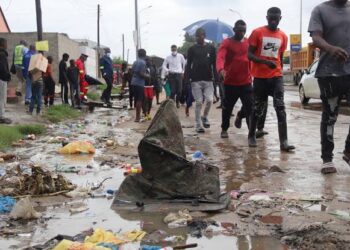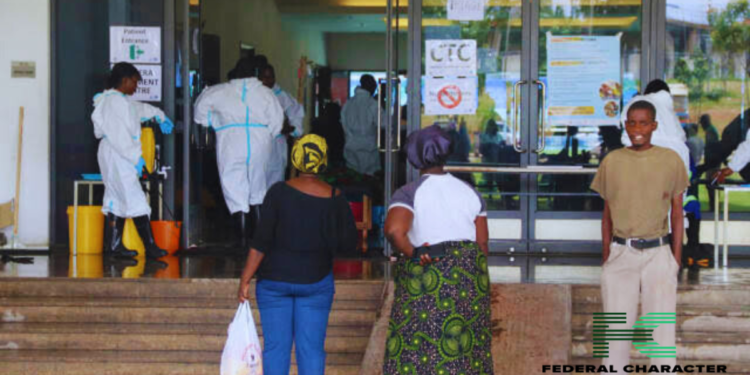Prior to the cholera outbreak in Zambia, Sandra Nyendwa used to drink unfiltered water in Zambia’s capital city, Lusaka without fear concern, until she and her seven-year-old son got cholera in an outbreak sweeping the country on waves.
Both of them fell badly ill last week, joining over 10,000 people who had been infected by the disease that has seen about 432 people killed since October, according to government statistics.
Nyendwa’s son had complained of stomach pain and shortly began vomiting soon after he contracted the disease. Eventually, her grandmother had to come in to look after the rest of the children.

The whole family feared for their lives as medics took care of them in a clinic but they both recovered and made it back home.
Nine out of ten provinces in Zambia’s have reported cholera cases, although the huge majority are in Lusaka, where authorities have set up a temporary treatment centre outside the National Heroes Stadium.
Cholera is spread through contaminated water or food. Serious cases can cause acute diarrhoea and, if untreated, lead to death.
Zambia has had to dispatch retired health workers and volunteers to help with the cholera effort, according to Health Minister, Sylvia Masebo at the treatment centre in Lusaka.

















